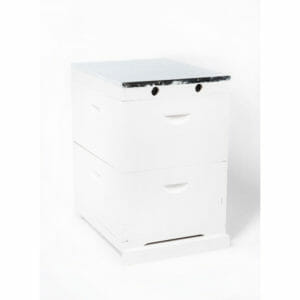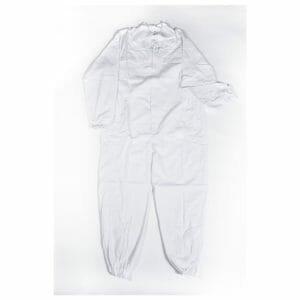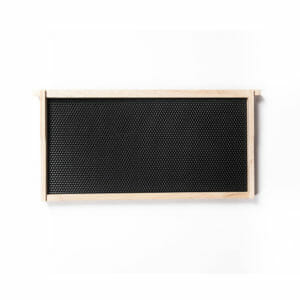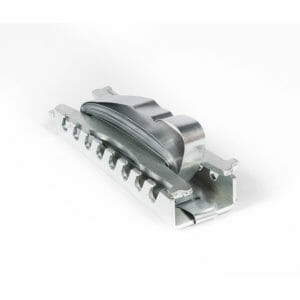David Mendes’ presentation at the 3rd Australian Beekeeping Congress addressed Beekeeper Liasion with Growers on Pesticides.
David Mendes is a retired commercial beekeeper and past president of the American Beekeeping Federation. From Florida, USA, he has been in the industry since 1977. Back in the US declining bee numbers are still hurting their beehives. The general consensus it that there isn’t one single cause but research suggests that neonic pesticides use is at least part of that picture. But beekeepers can work with growers to mitigate risk.
Now retired, many in the industry still look to David for advice. So Australian beekeepers can too. We thought we’d share a few of our notes from his presentation at the 3rd Australian Beekeeping Congress earlier this year:
-
As you may suspect, the diligent building of a good relationships is key! Trust and rapport is essential. If it’s a big operation, try to build this relationship with the person as close to the top of the organisation as you can.
-
When you first approach a grower, be respectful and ask reasonable questions. You should already have basic knowledge on the pesticides farmers use and why. Remember that their business is their priority. But this doesn’t mean they don’t care about impacts on bees!
-
Mendes suggests developing a pollinator contract. Whether this is a written or verbal contract, once again a good relationship will be key. (Think about the size of the grower and the kind of relationship you have with your contact. Only use verbal agreements with smaller owner-operators, if at all).
-
Dealing with big commercial growers? You may need a different approach. E.g. they may want to see data or research demonstrating adverse effects of certain products. Especially if they have to take things higher up.
-
Work with the grower on timing any of your deliveries and pickups to miss spray applications. This is another benefit of developing a relationship. There may or may not be flexibility around time of application for certain products. (Another tip from us – growers usually have to avoid spraying in wet weather or extreme heat. So taking the weather forecast into account could be the trick. But be considerate of when they may have limited opportunities to spray).
-
You’ll want to know if they tank mix products together. Unfortunately toxicity data is usually done on single active ingredients. Yet research shows that mixing fungicide and insecticide together can increase toxicity. Talk to your grower about whether they can avoid tank mixing when bees are active.
The key theme that Mendes kept returning to is RELATIONSHIPS. In his experience, most growers are sensitive to minimising damage to pollinators. They tend choose safer products and methods of application if they understand the issues and risks.
Got any extra tips from your own experience to share? Feel free to email us at [email protected], we’d love to hear from you!




